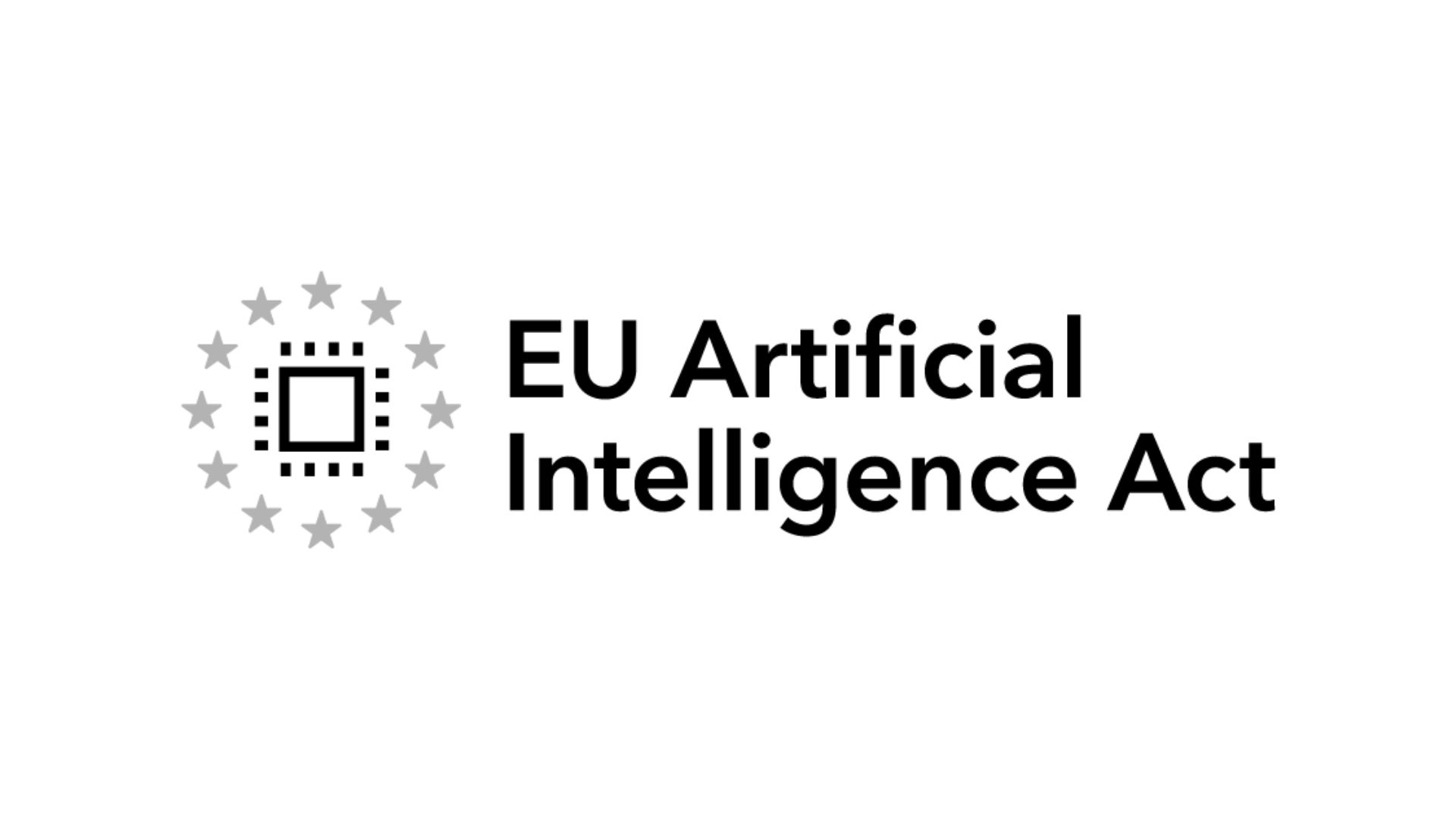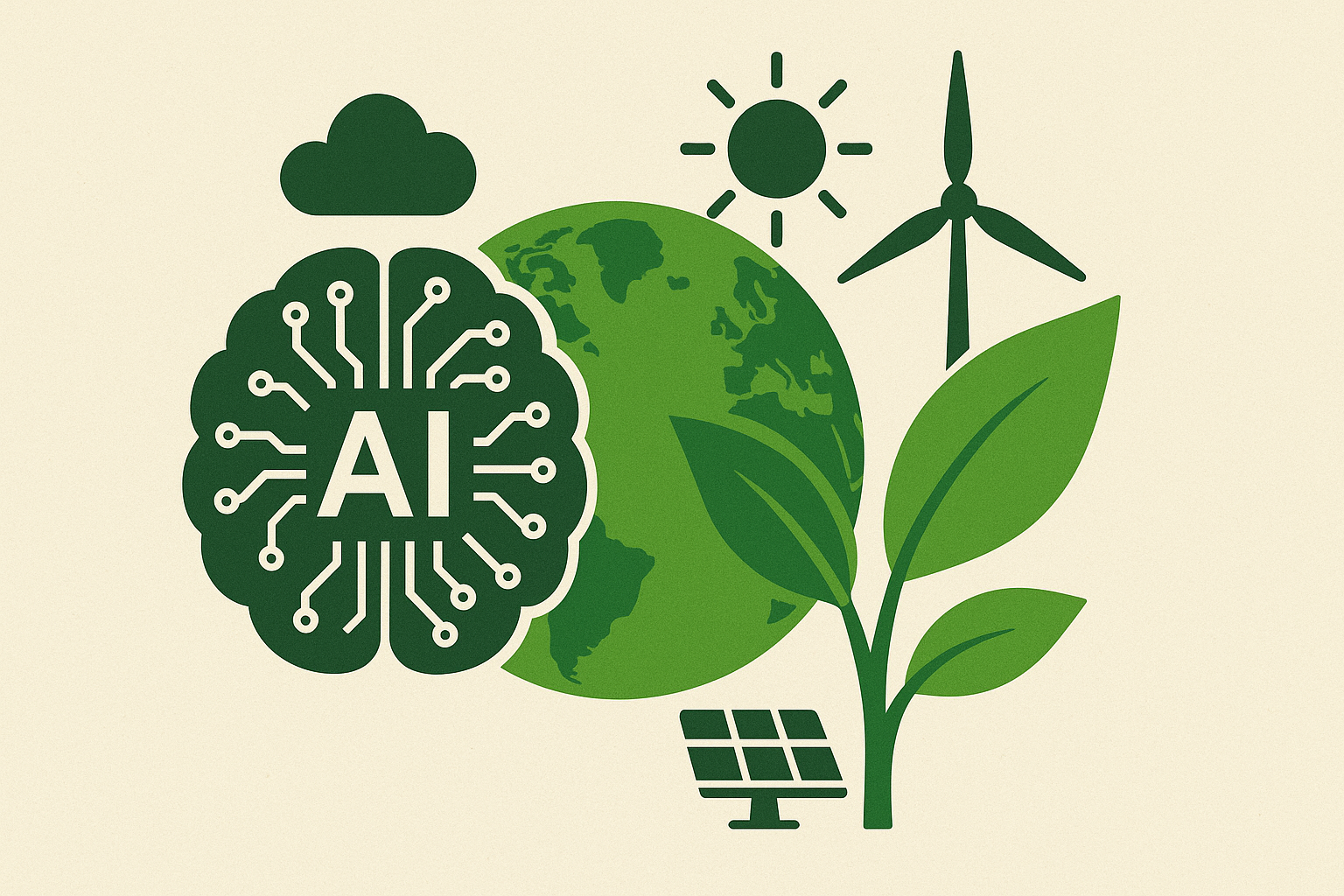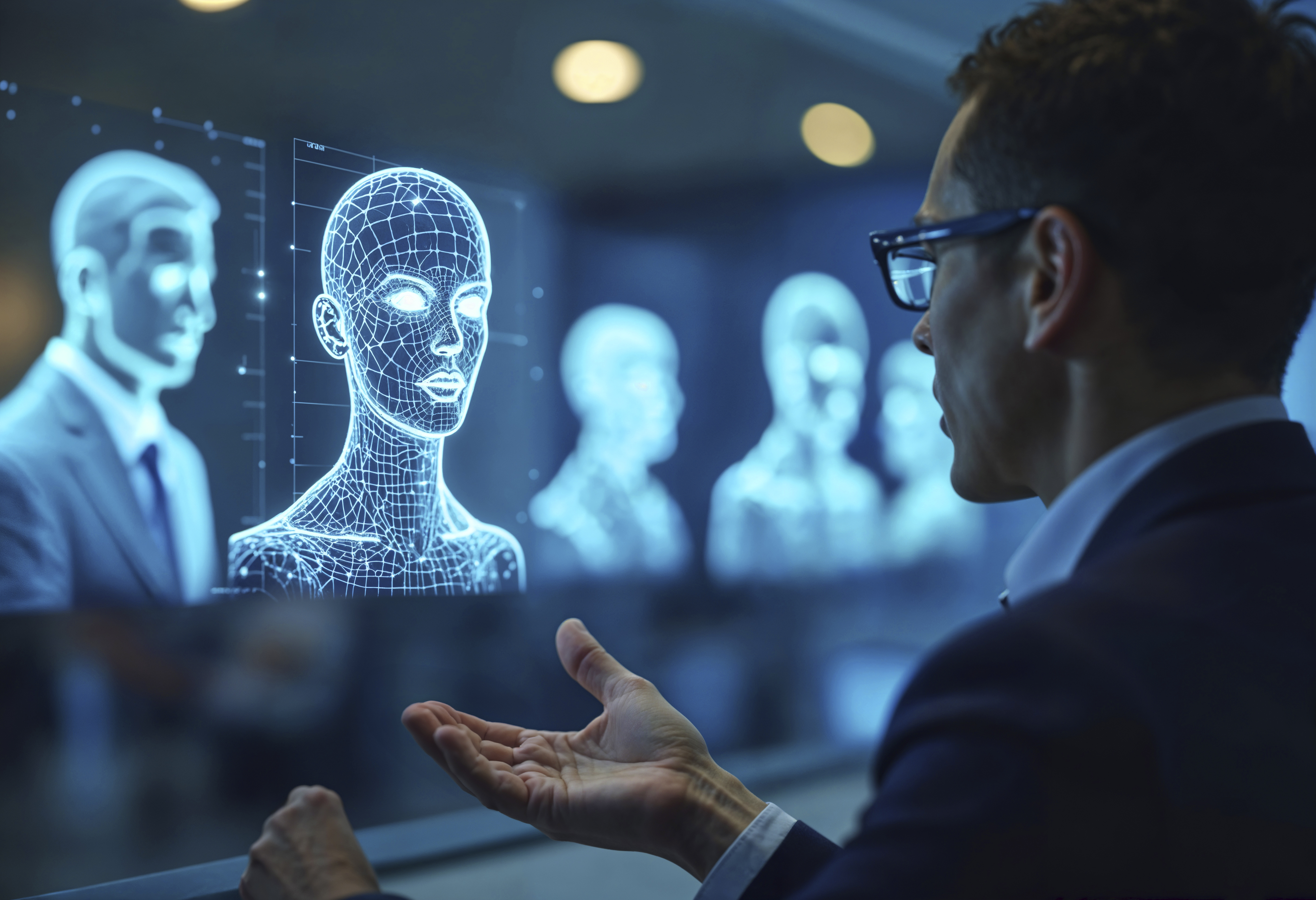Enterprise AI entered a new phase as organisations transitioned from simple, prompt-driven tools to autonomous agents capable to acting within complex workflows.
Leaders now face a reality where agentic systems can accelerate development, improve decision-making, and support employees, yet concerns over unreliable data and inconsistent behaviour still weaken trust.
AI adoption has risen sharply, although many remain cautious about committing fully without stronger safeguards in place.
The next stage will rely on multi-agent models where an orchestrator coordinates specialised agents across departments. Single agents will lose effectiveness if they fail to offer scalable value, as enterprises require communication protocols, unified context, and robust governance.
Agents will increasingly pursue outcomes rather than follow instructions. At the same time, event-driven automation will allow them to detect problems, initiate analysis, and collaborate with other agents without waiting for human prompts. Simulation environments will further accelerate learning and strengthen reliability.
Trusted AI will become a defining competitive factor. Brands will be judged by the quality, personalisation, and relational intelligence of their agents rather than traditional identity markers.
Effective interfaces, transparent governance, and clear metrics for agent adherence will shape customer loyalty and shareholder confidence.
Cybersecurity will shift toward autonomous, self-healing digital immune systems, while advances in spatially aware AI will accelerate robotics and immersive simulations across various industries.
Broader impacts will reshape workplace culture. AI-native engineers will shorten development cycles, while non-technical employees will create personal applications, rather than relying solely on central teams.
Ambient intelligence may push new hardware into the mainstream, and sustainability debates will increasingly focus on water usage in data-intensive AI systems. Governments are preparing to upskill public workforces, and consumer agents will pressure companies to offer better value.
Long-term success will depend on raising AI literacy and selecting platforms designed for scalable, integrated, and agentic operations.
Would you like to learn more about AI, tech and digital diplomacy? If so, ask our Diplo chatbot!










